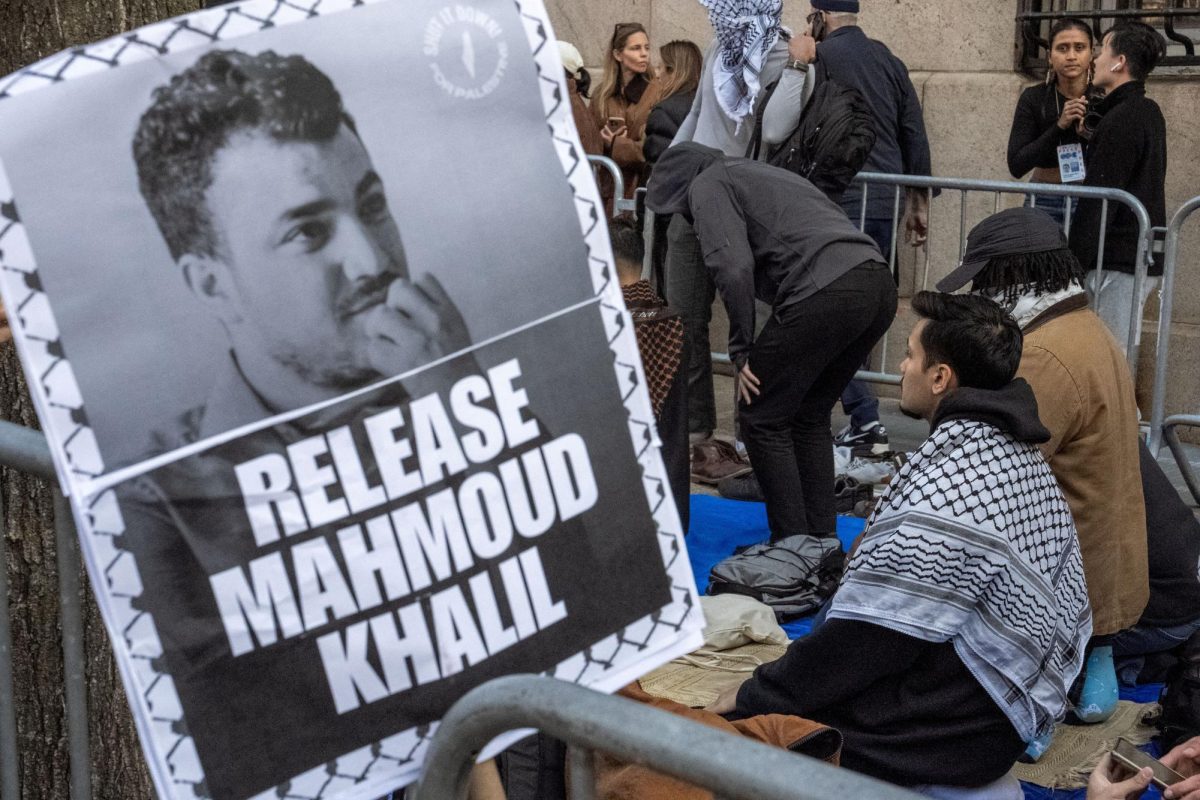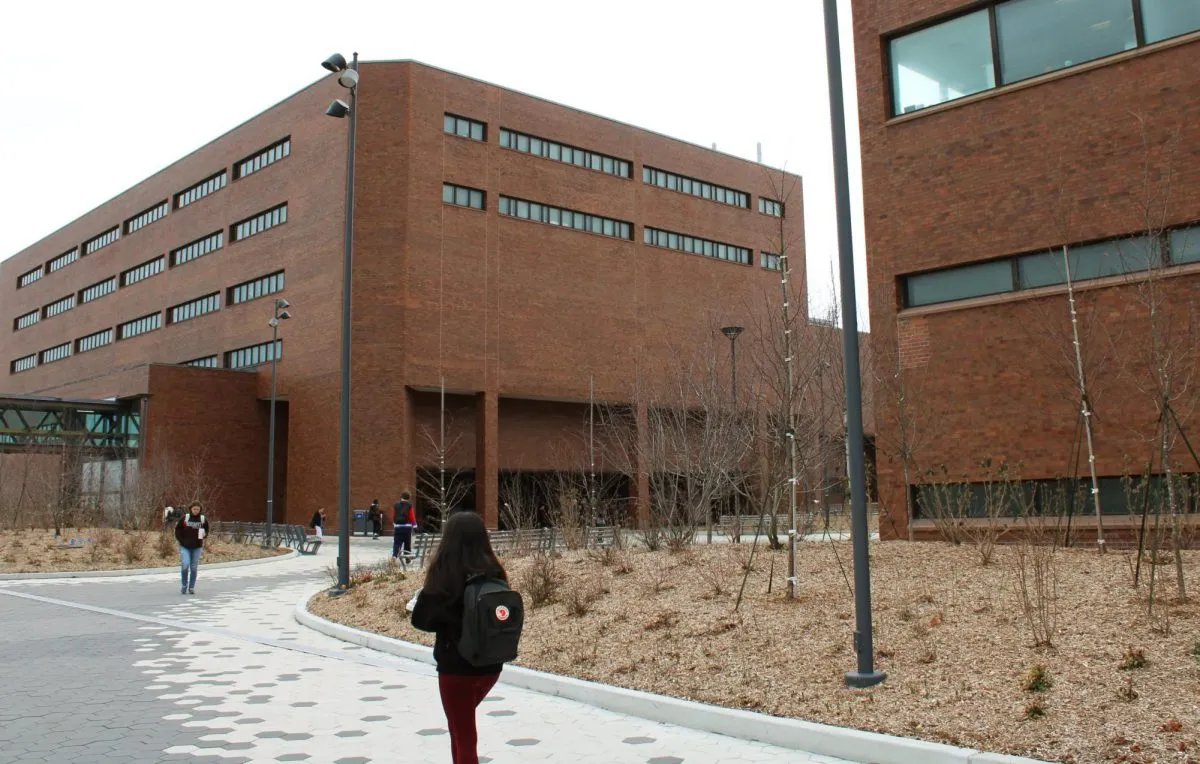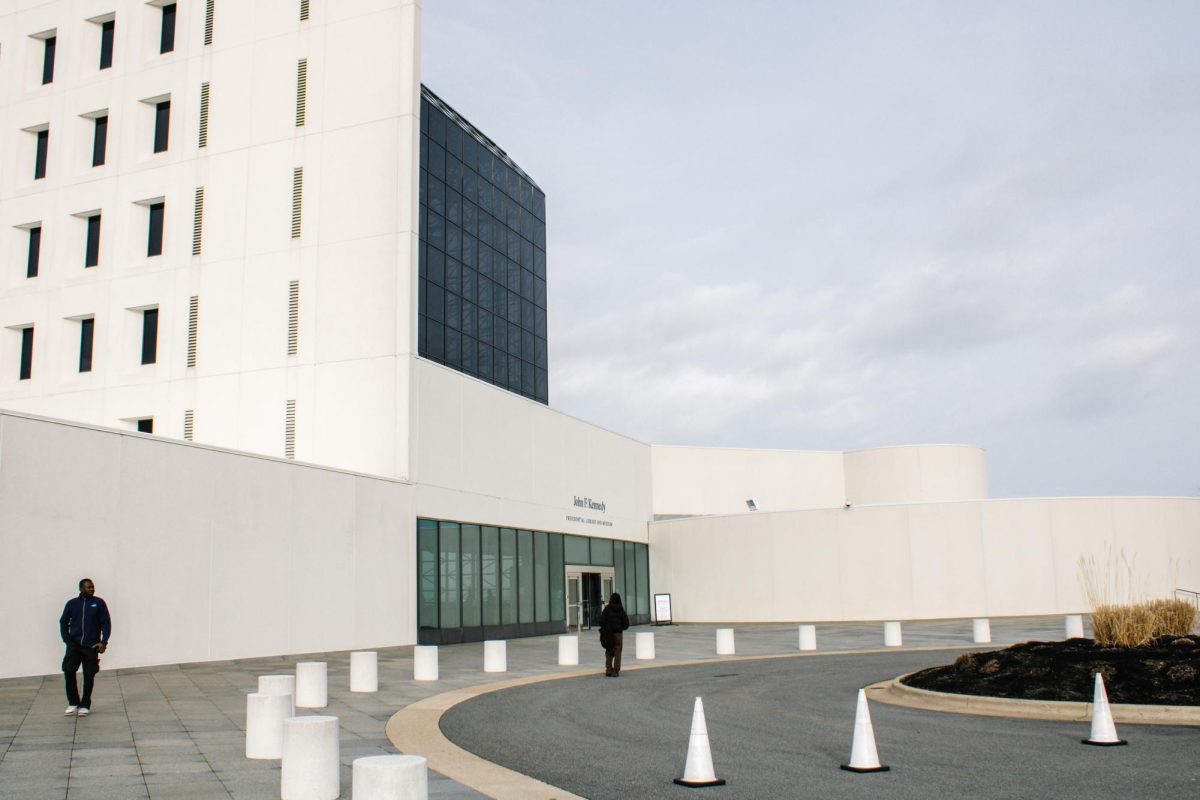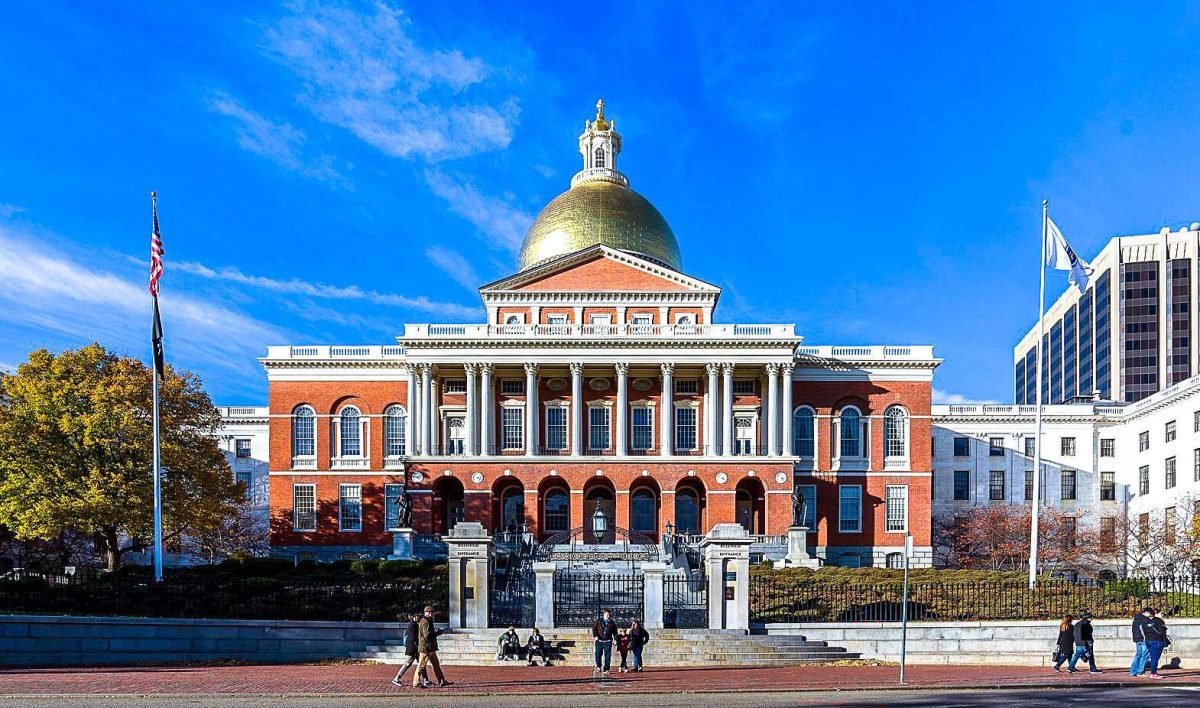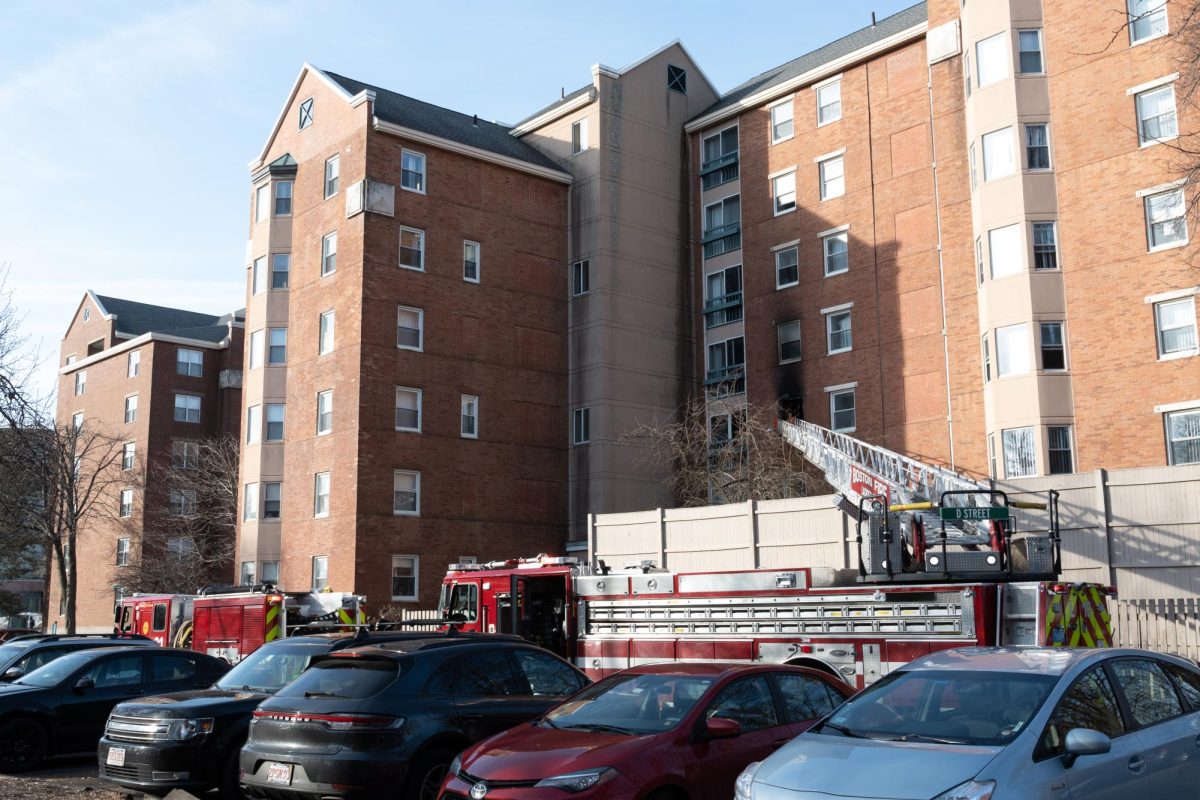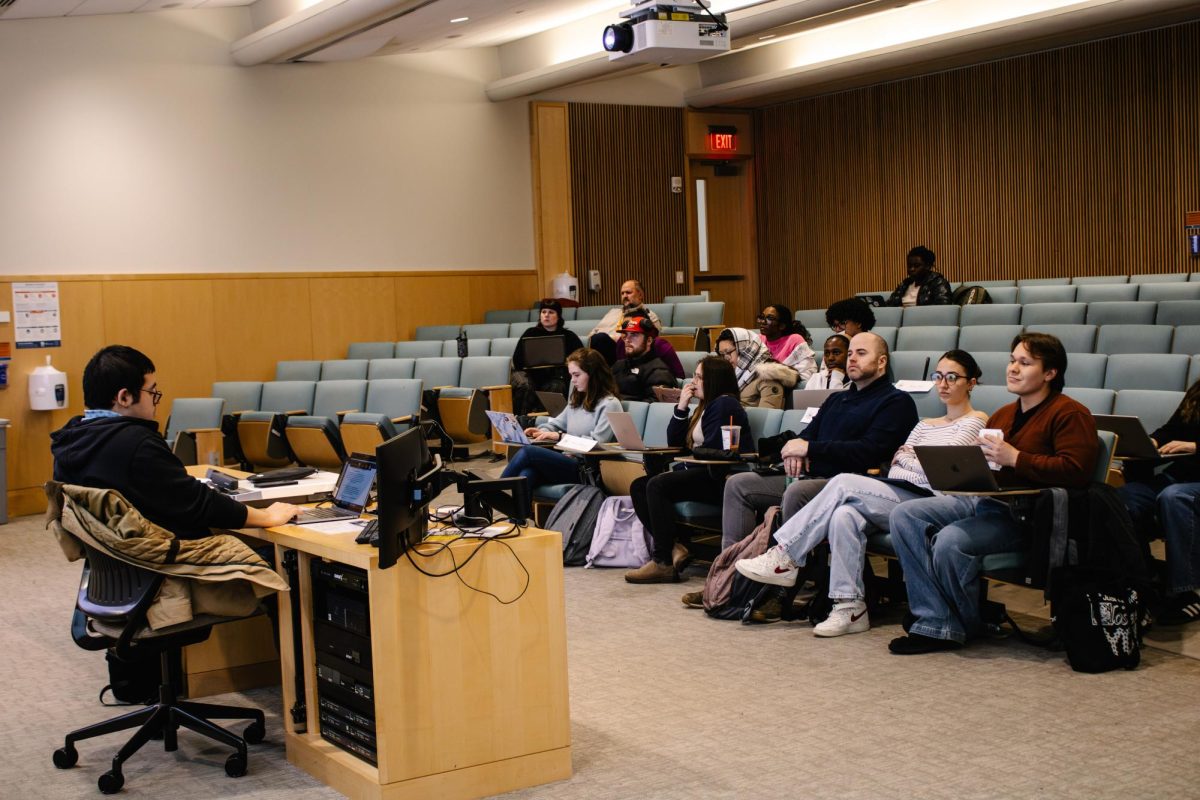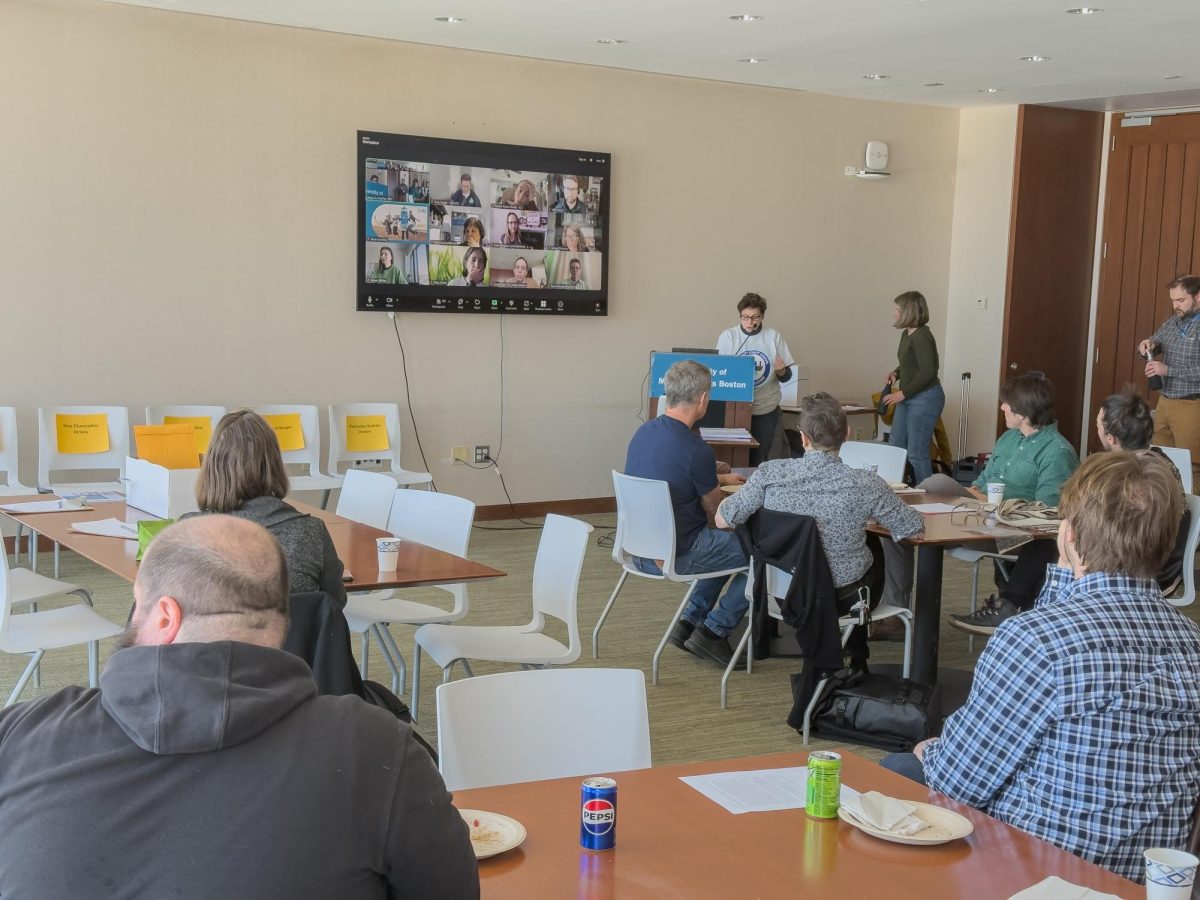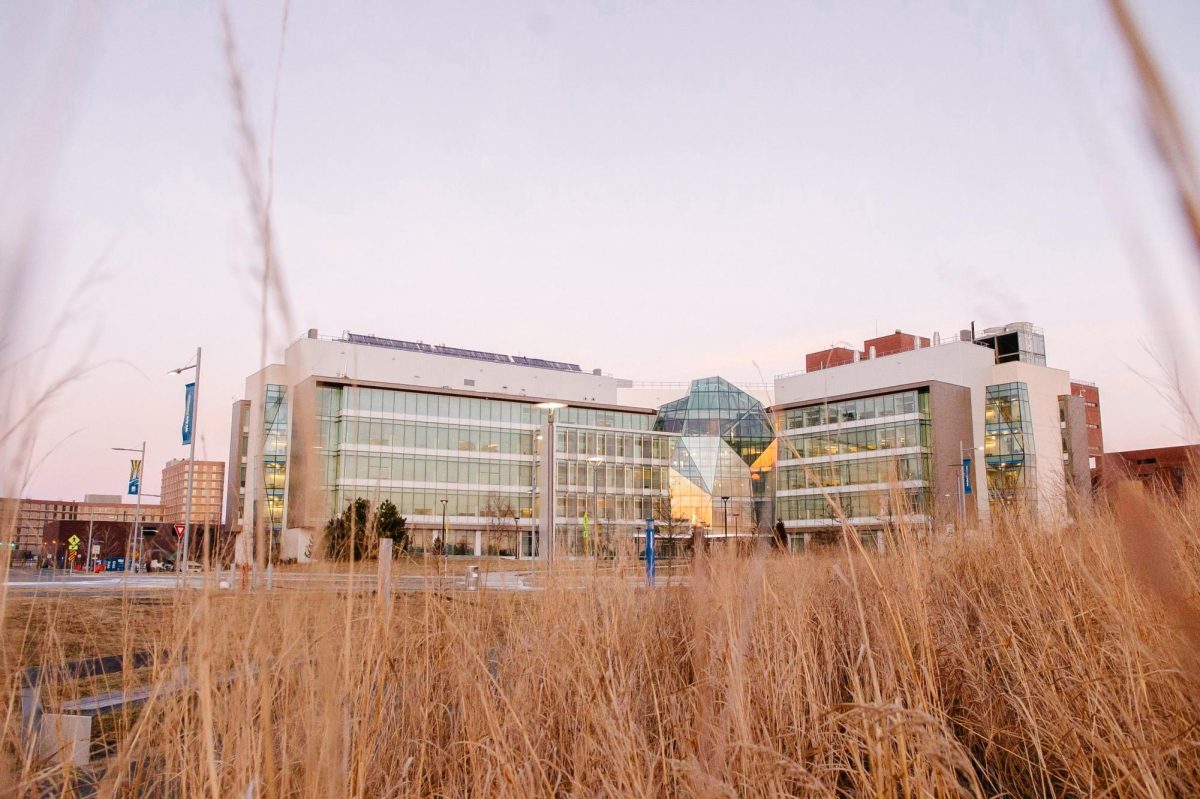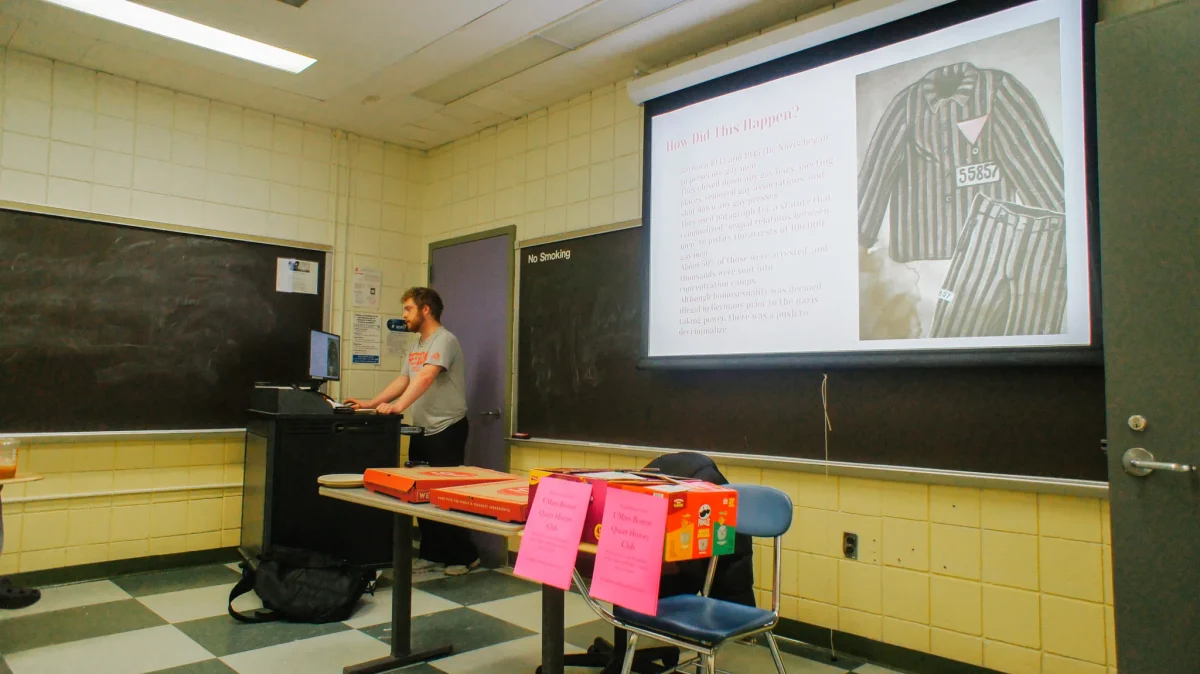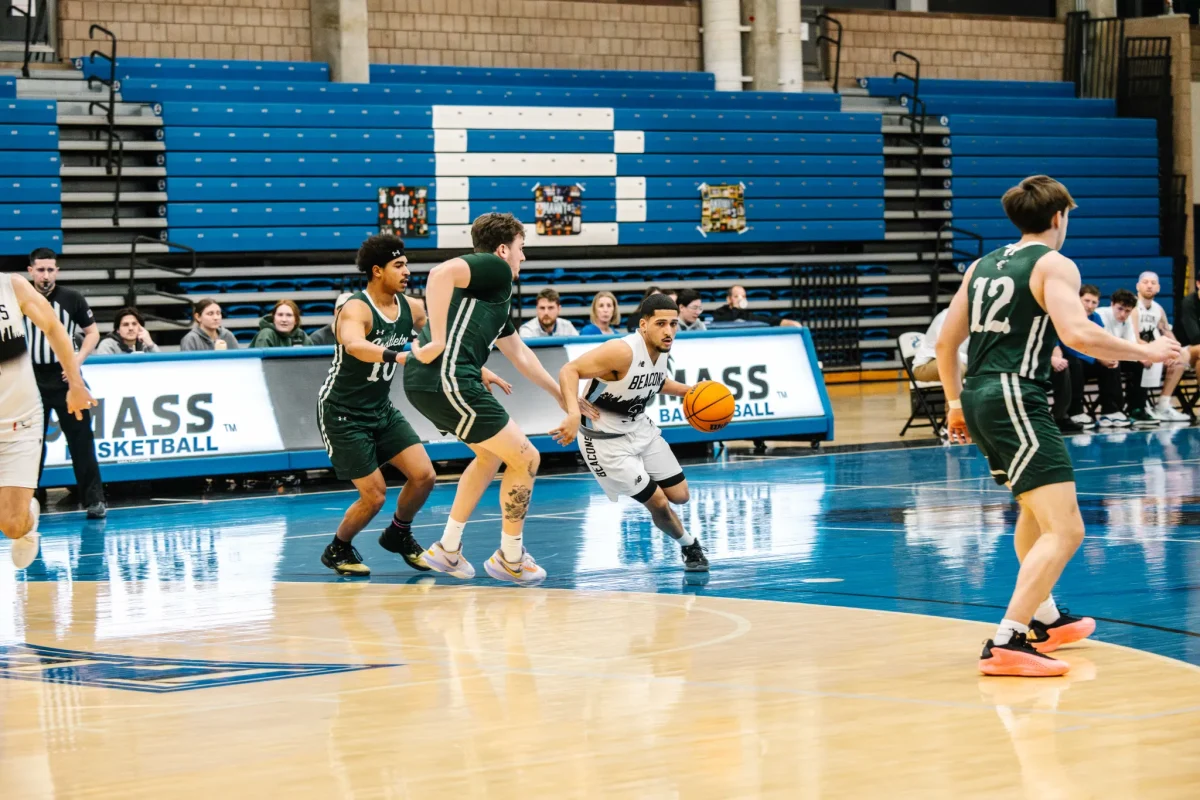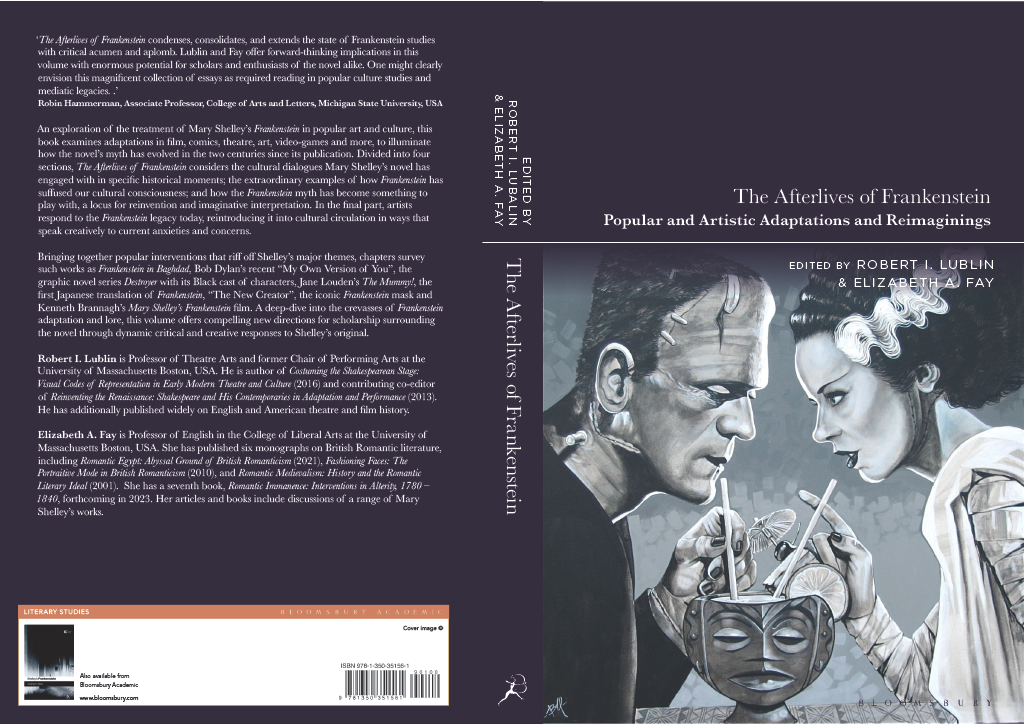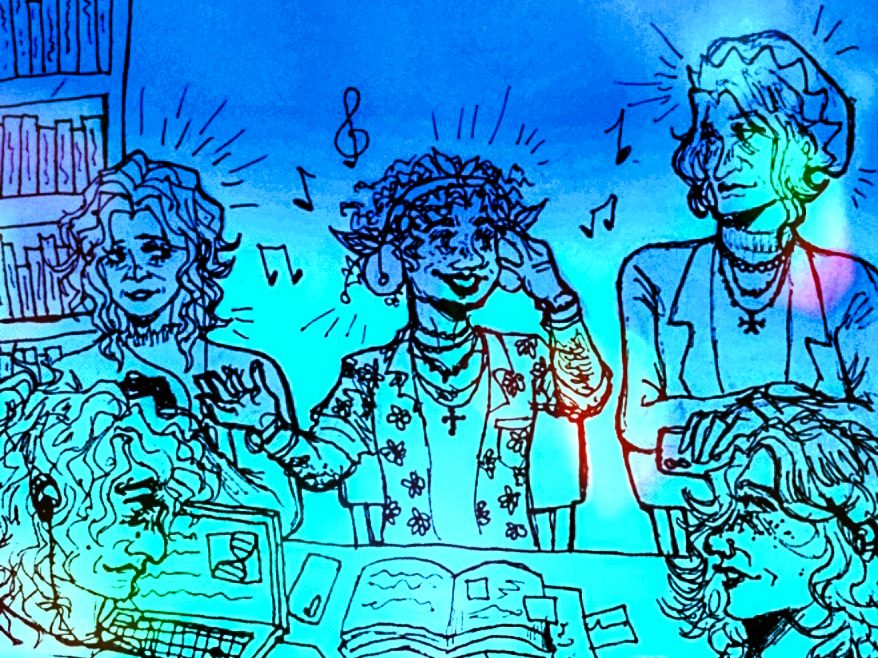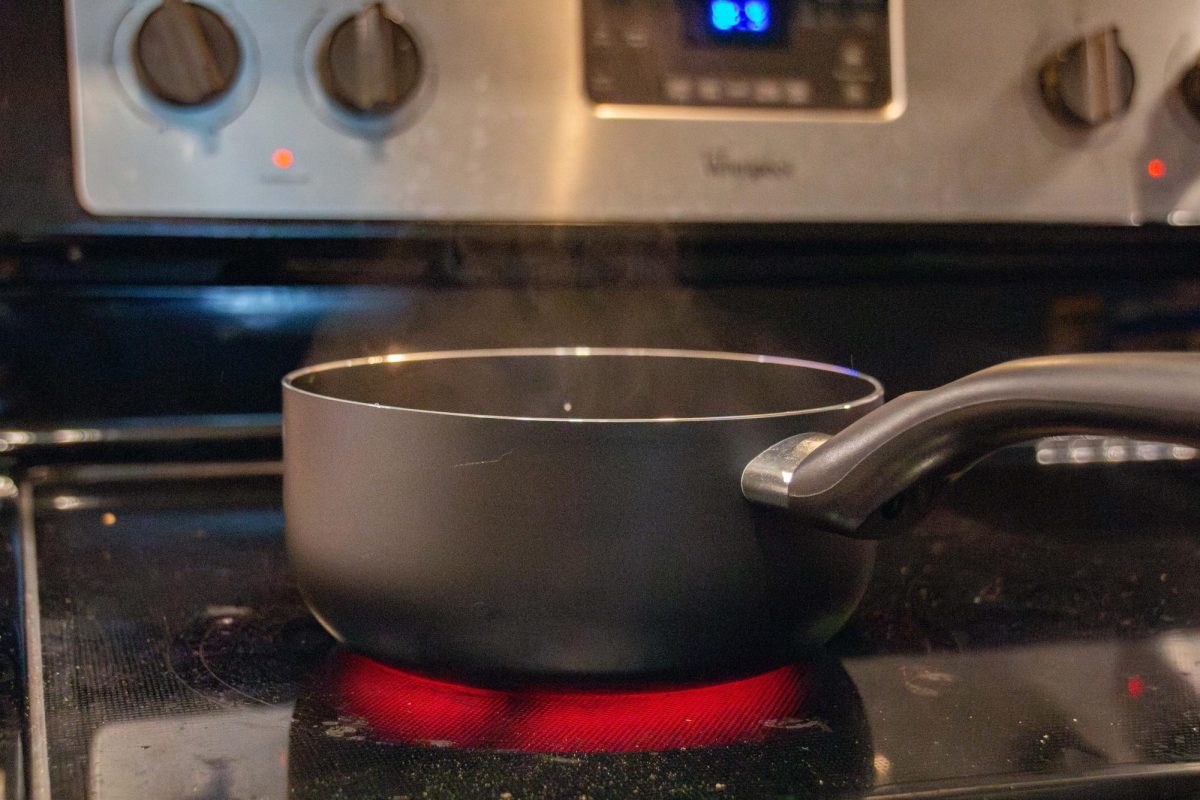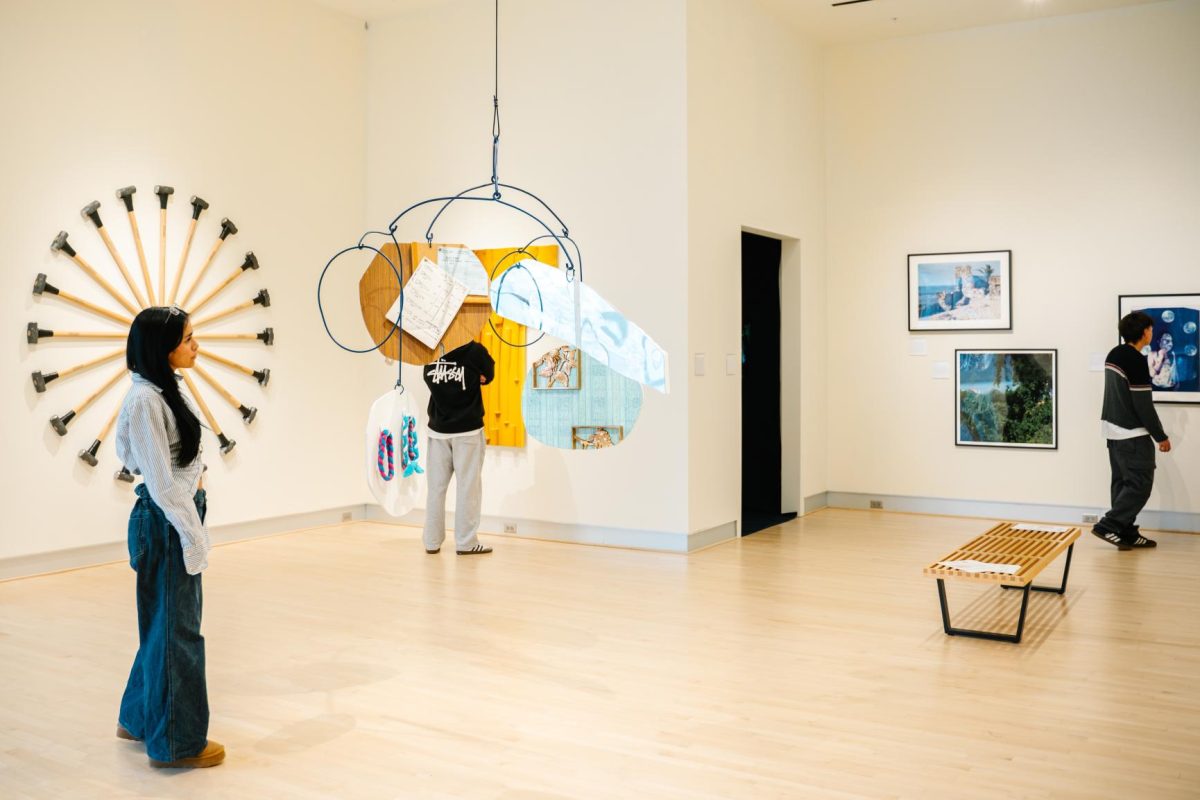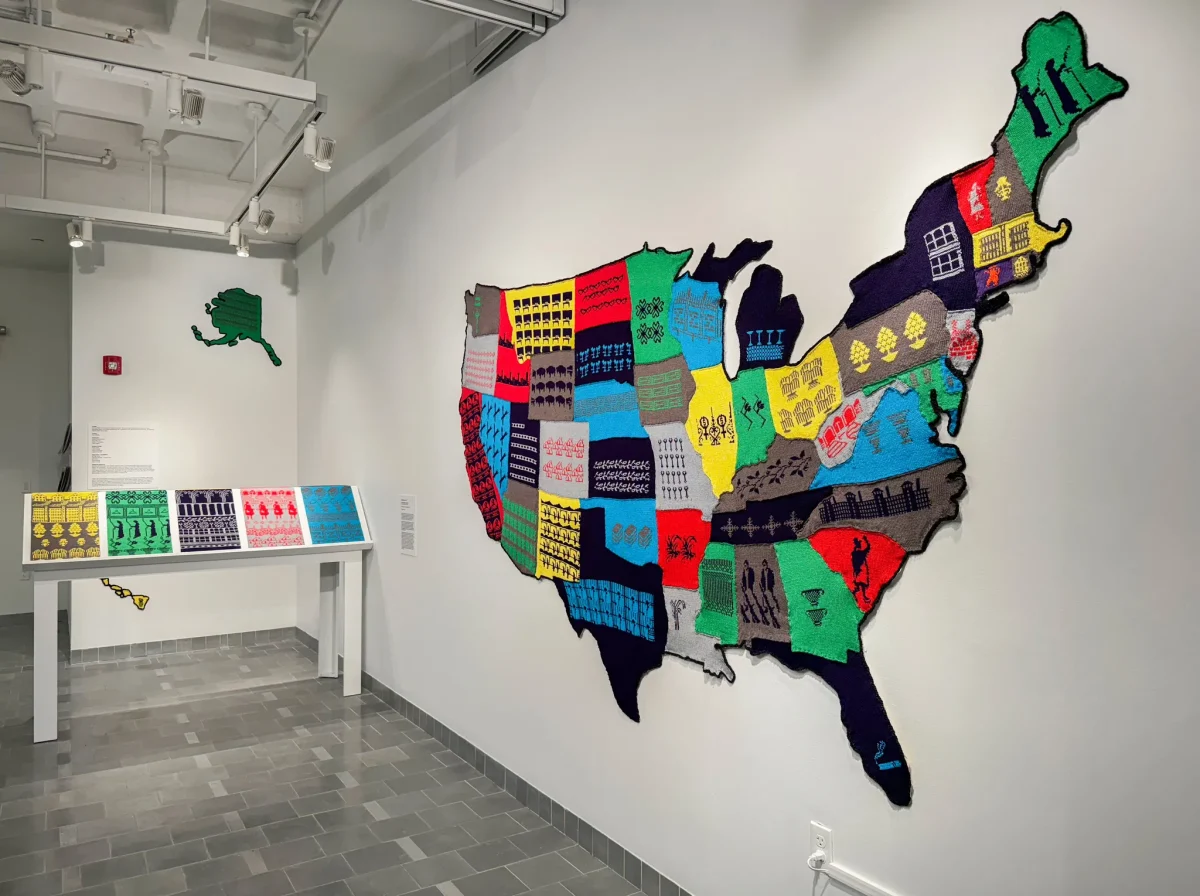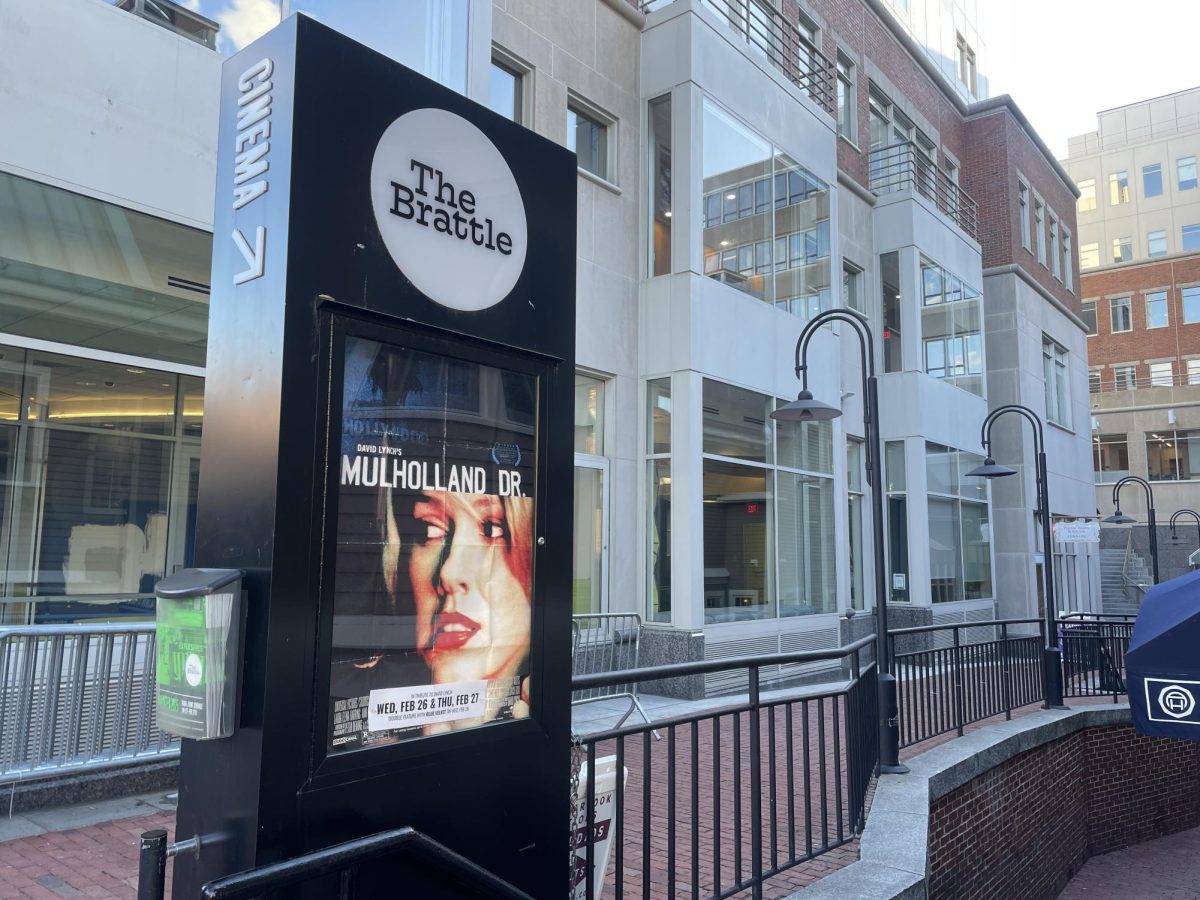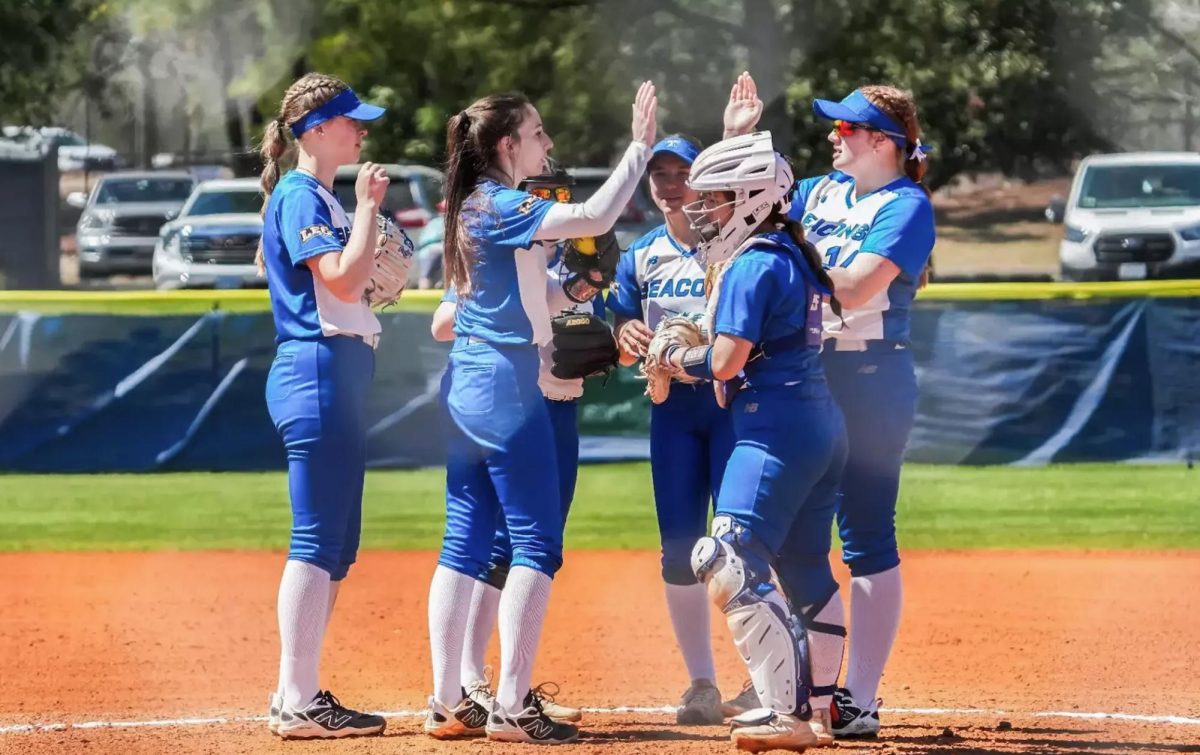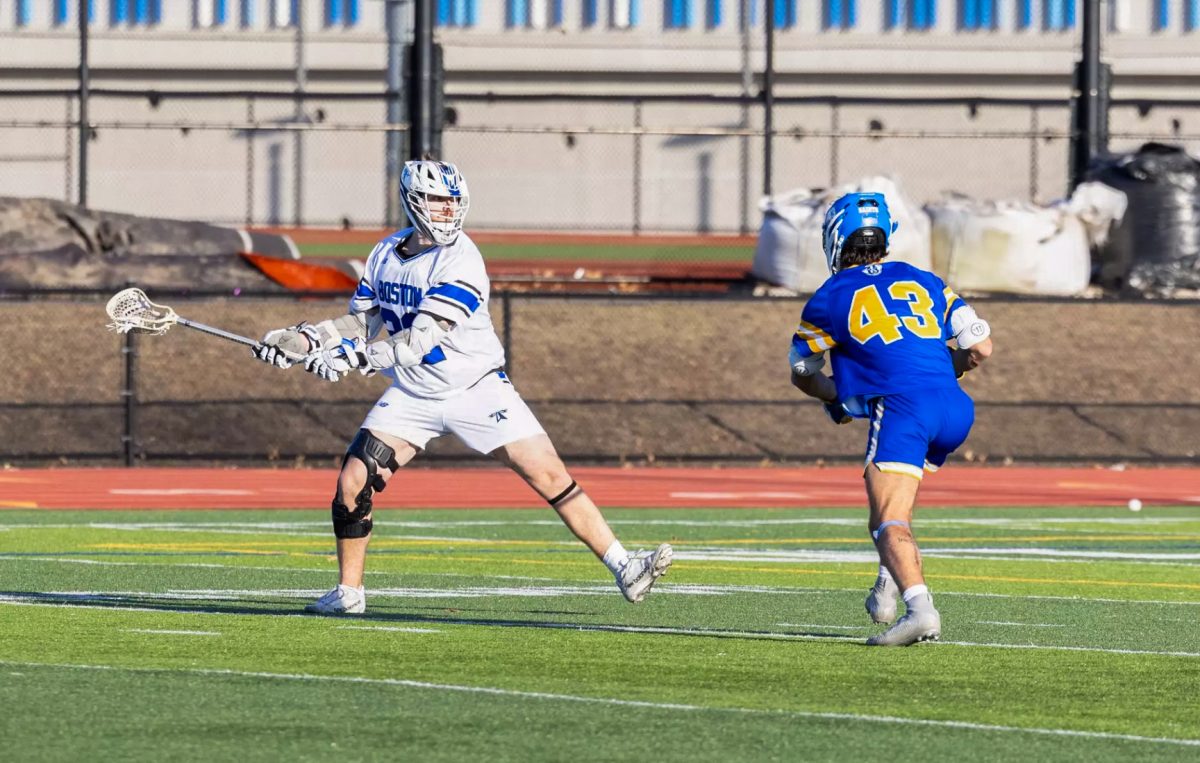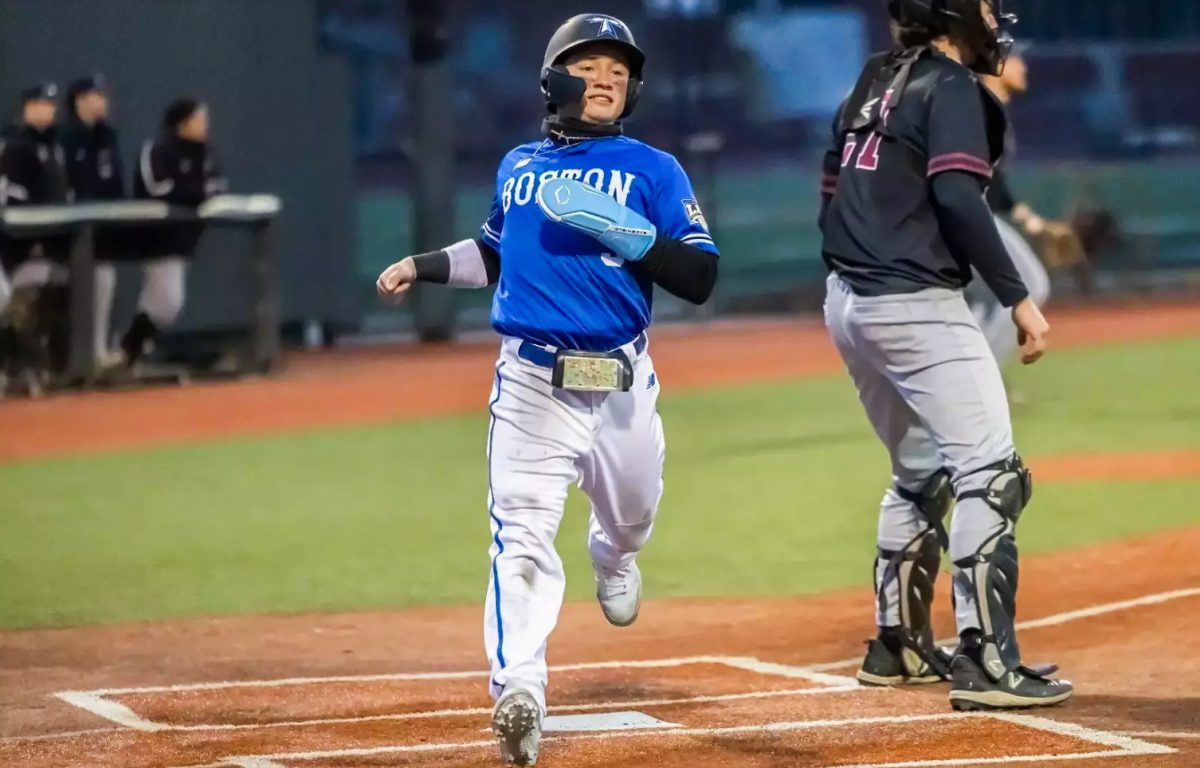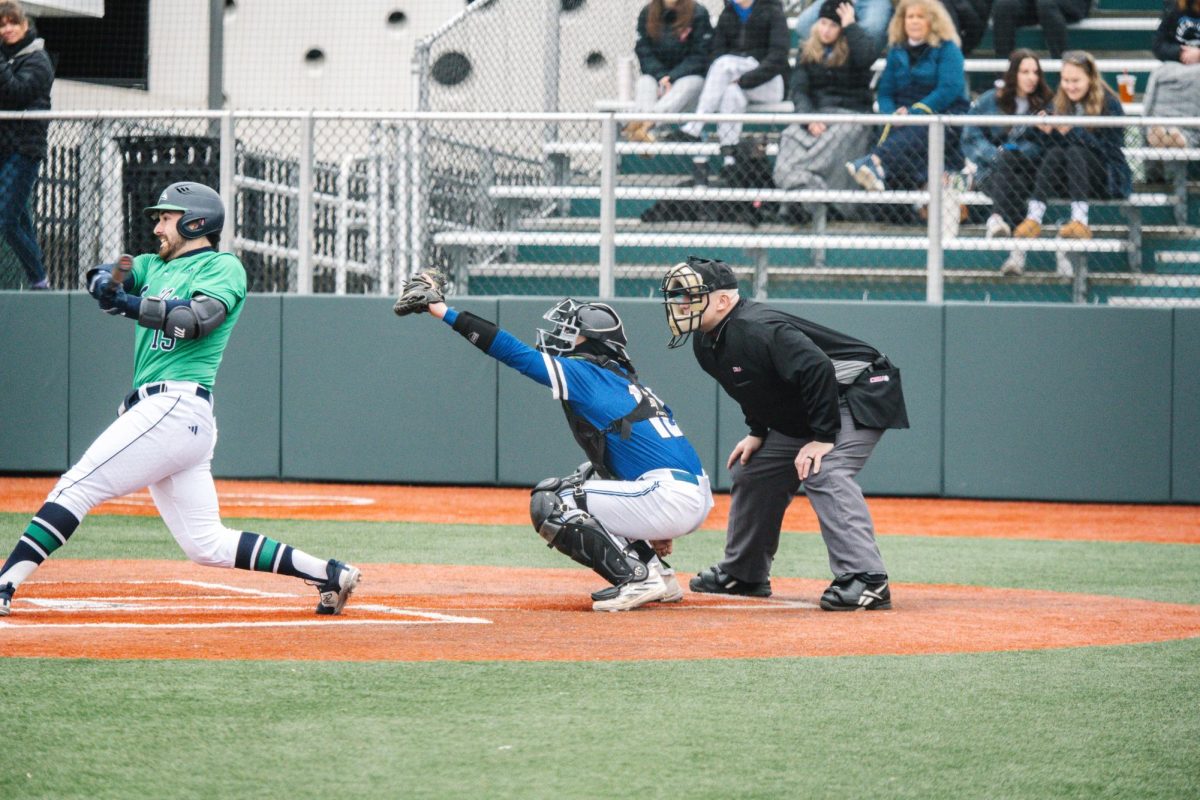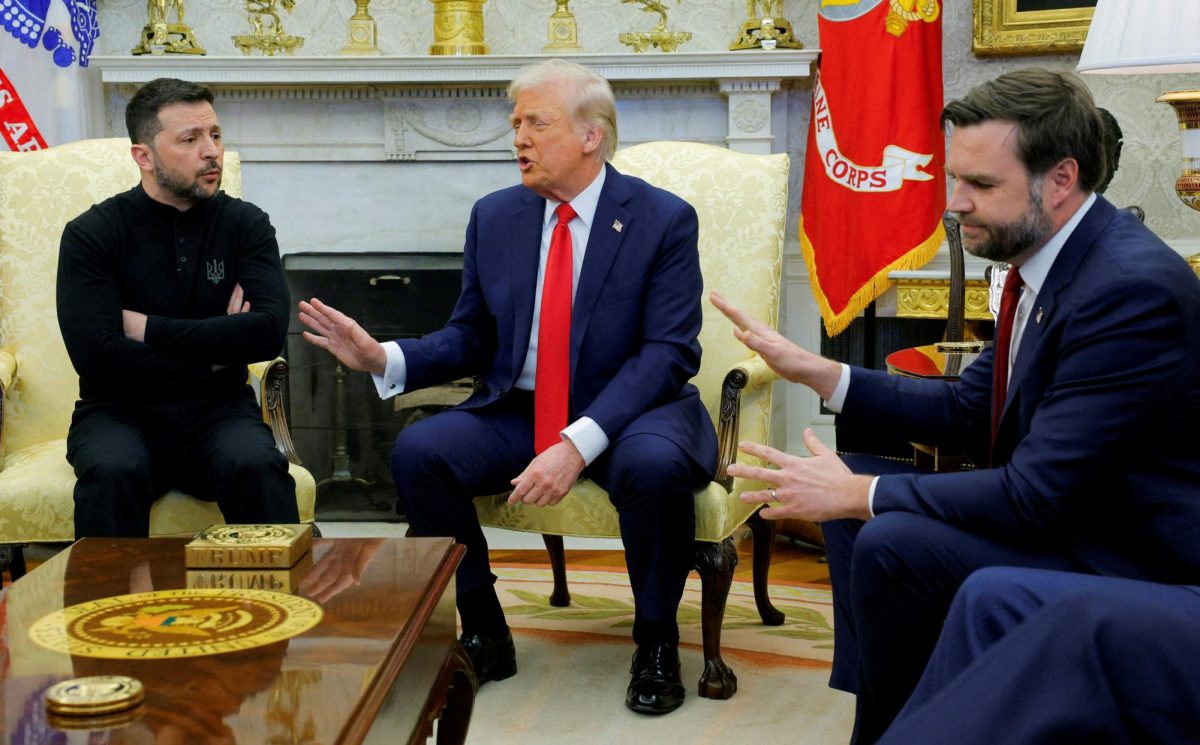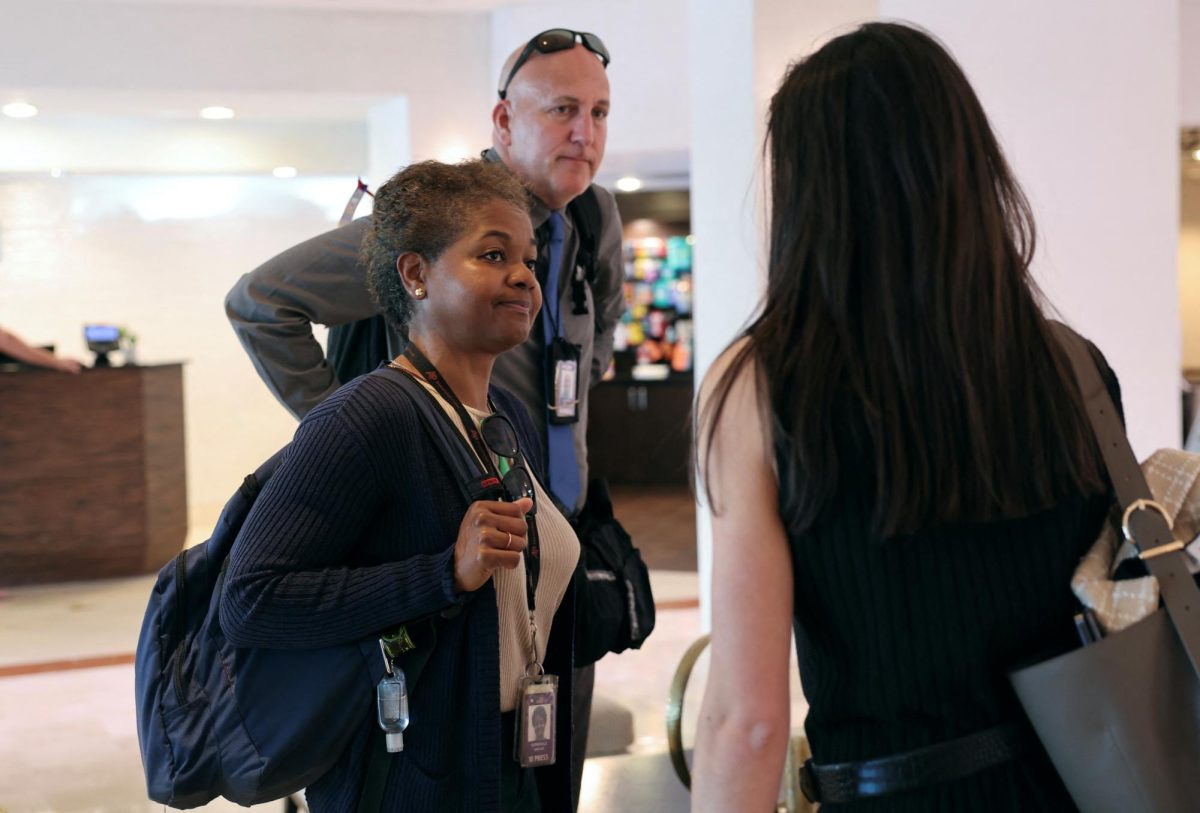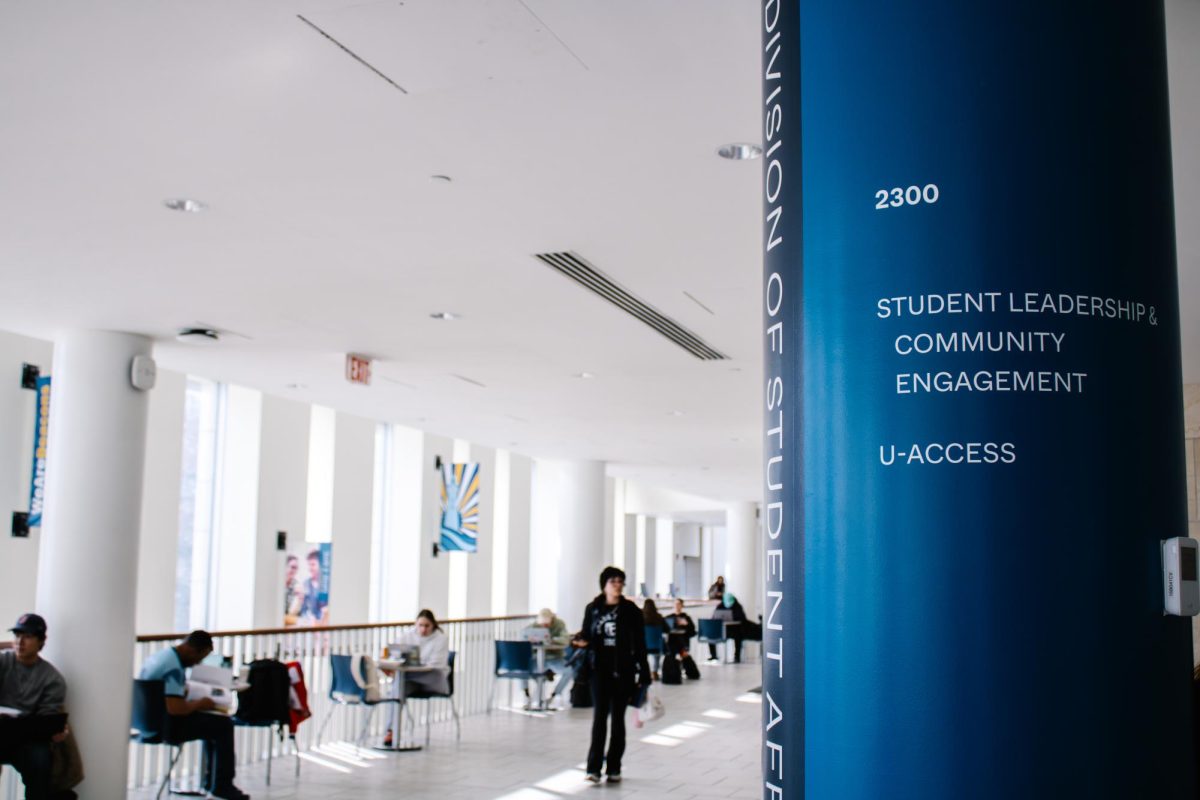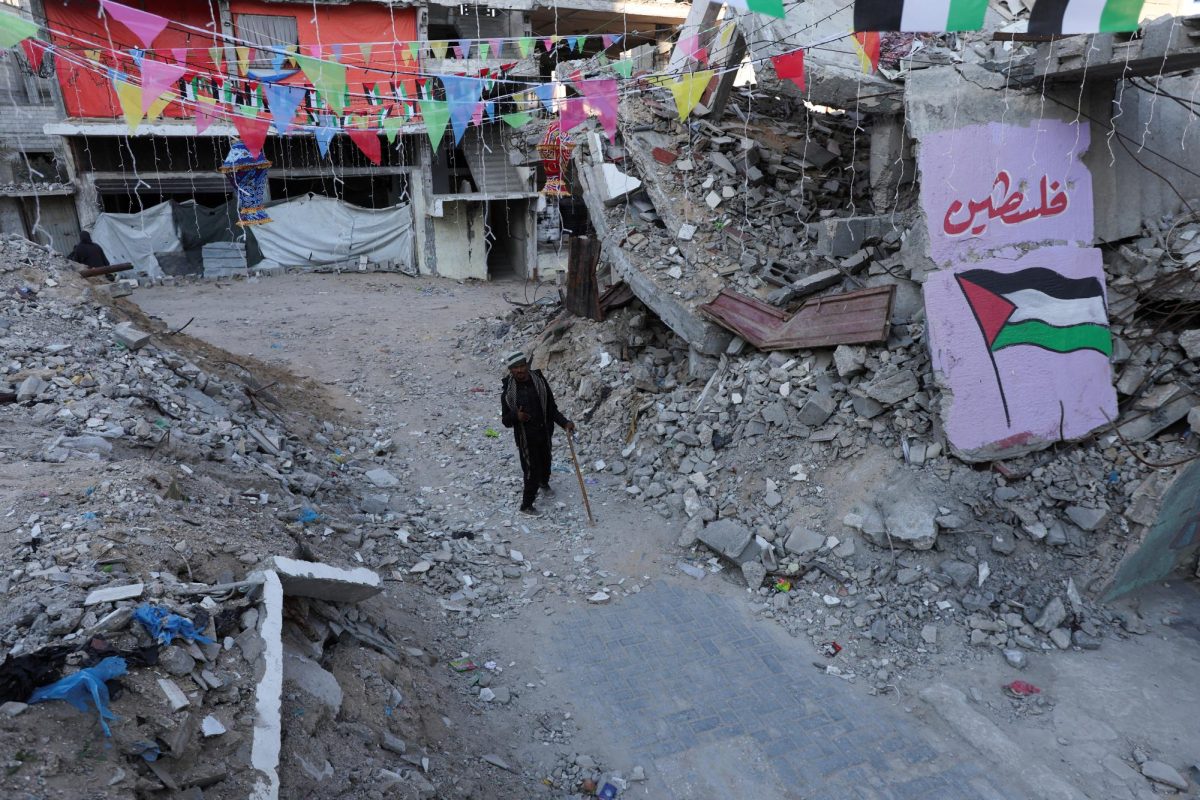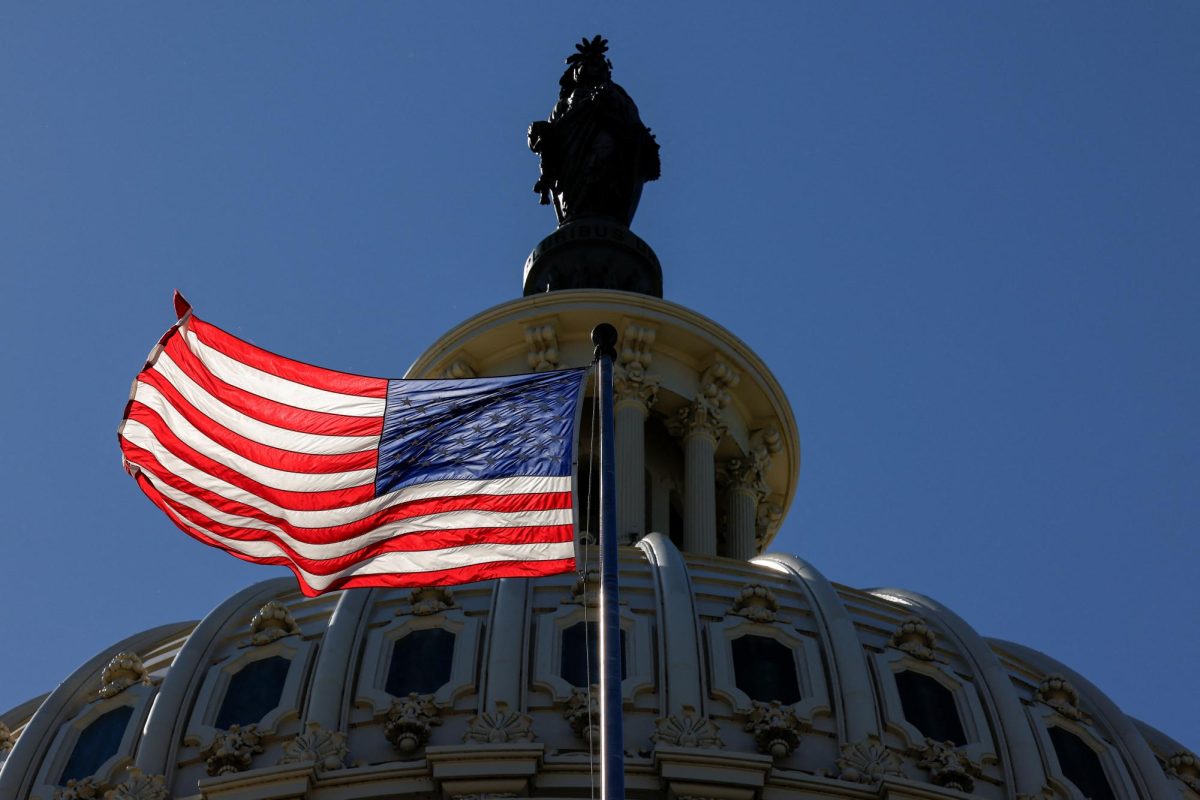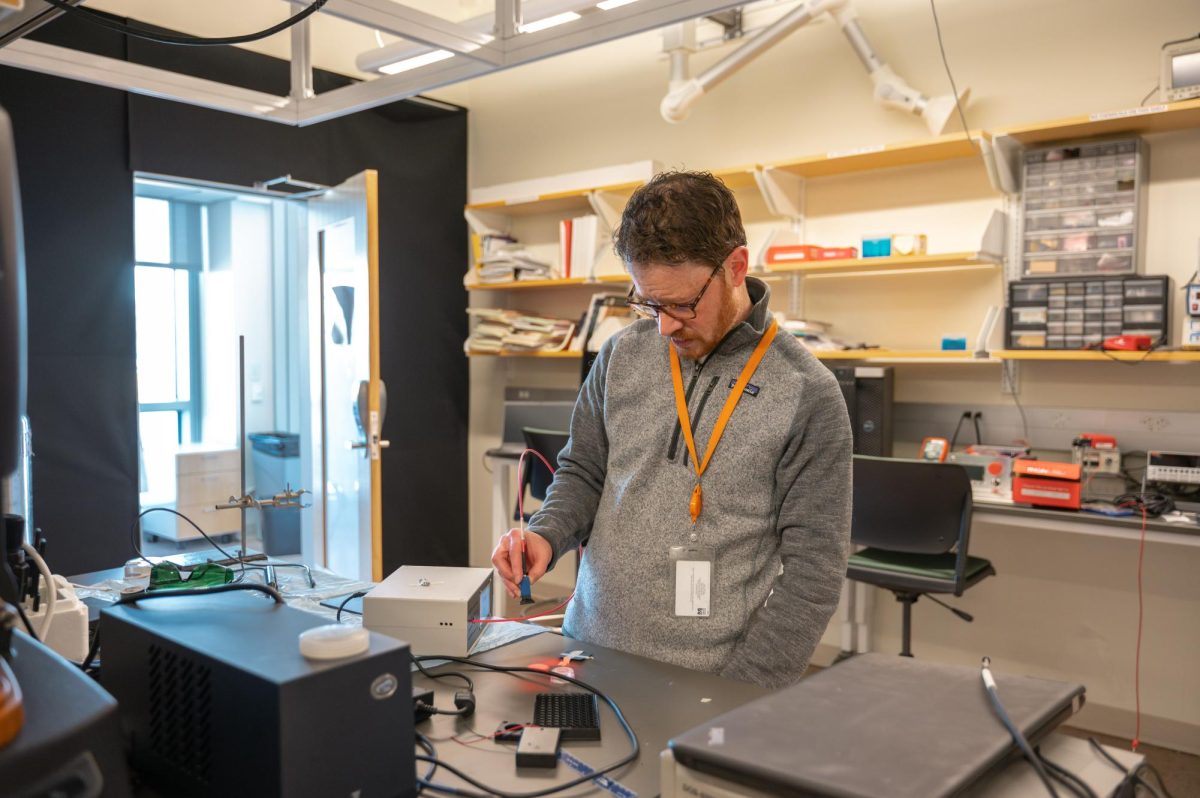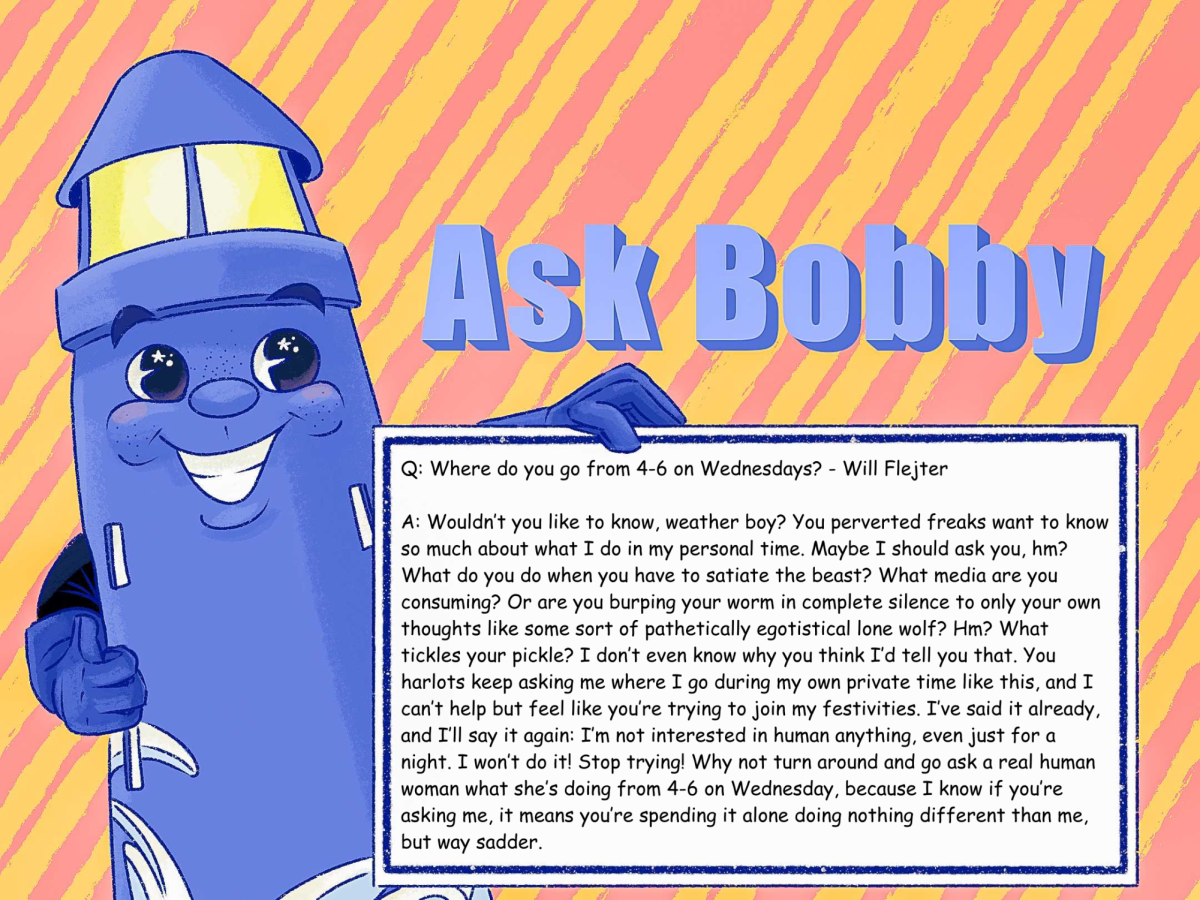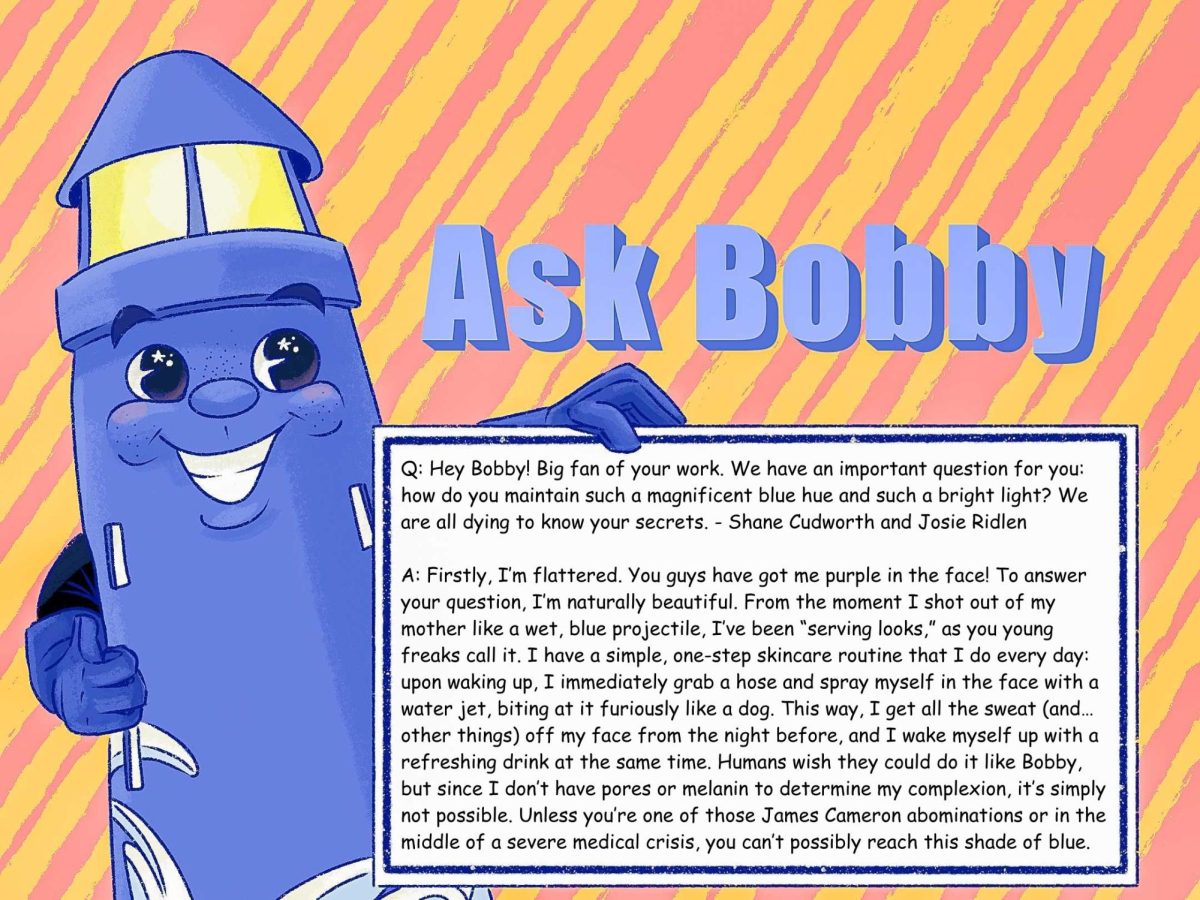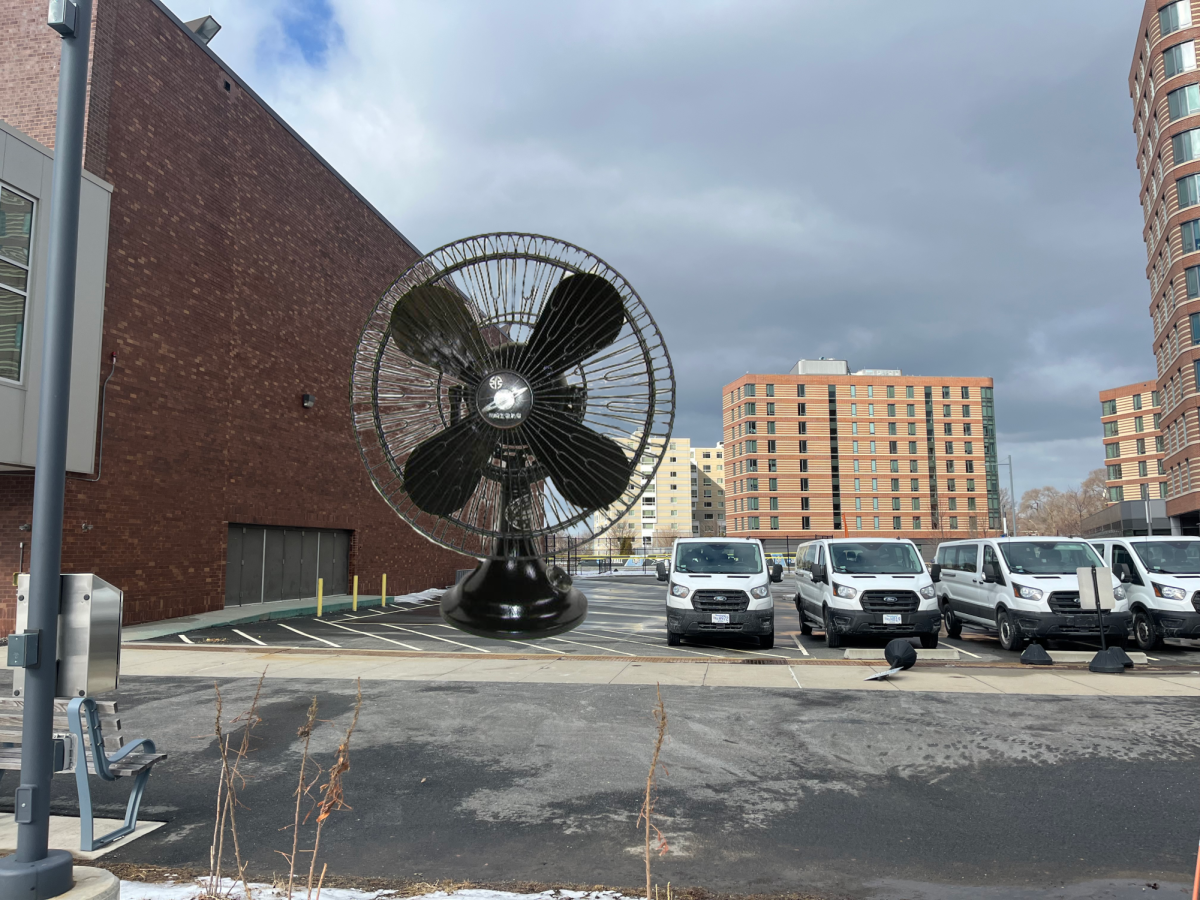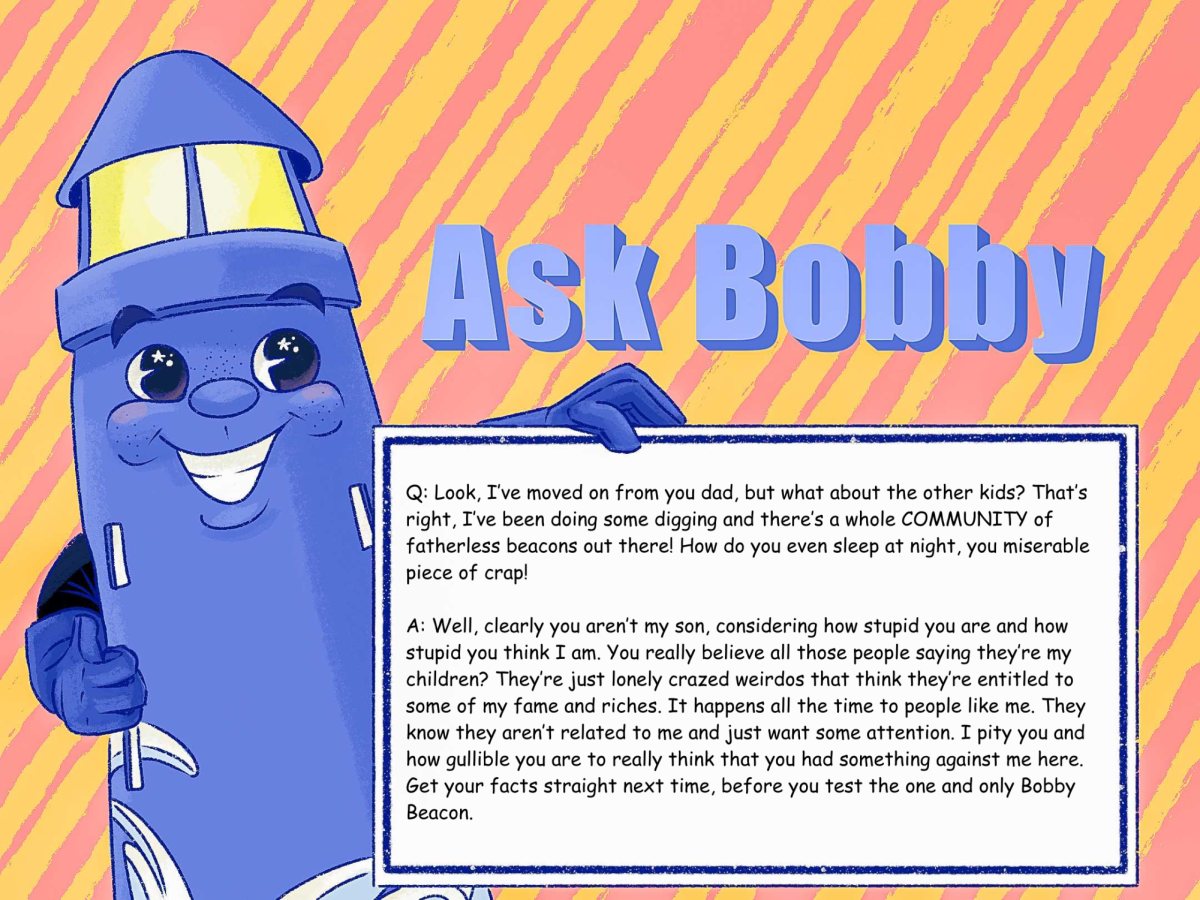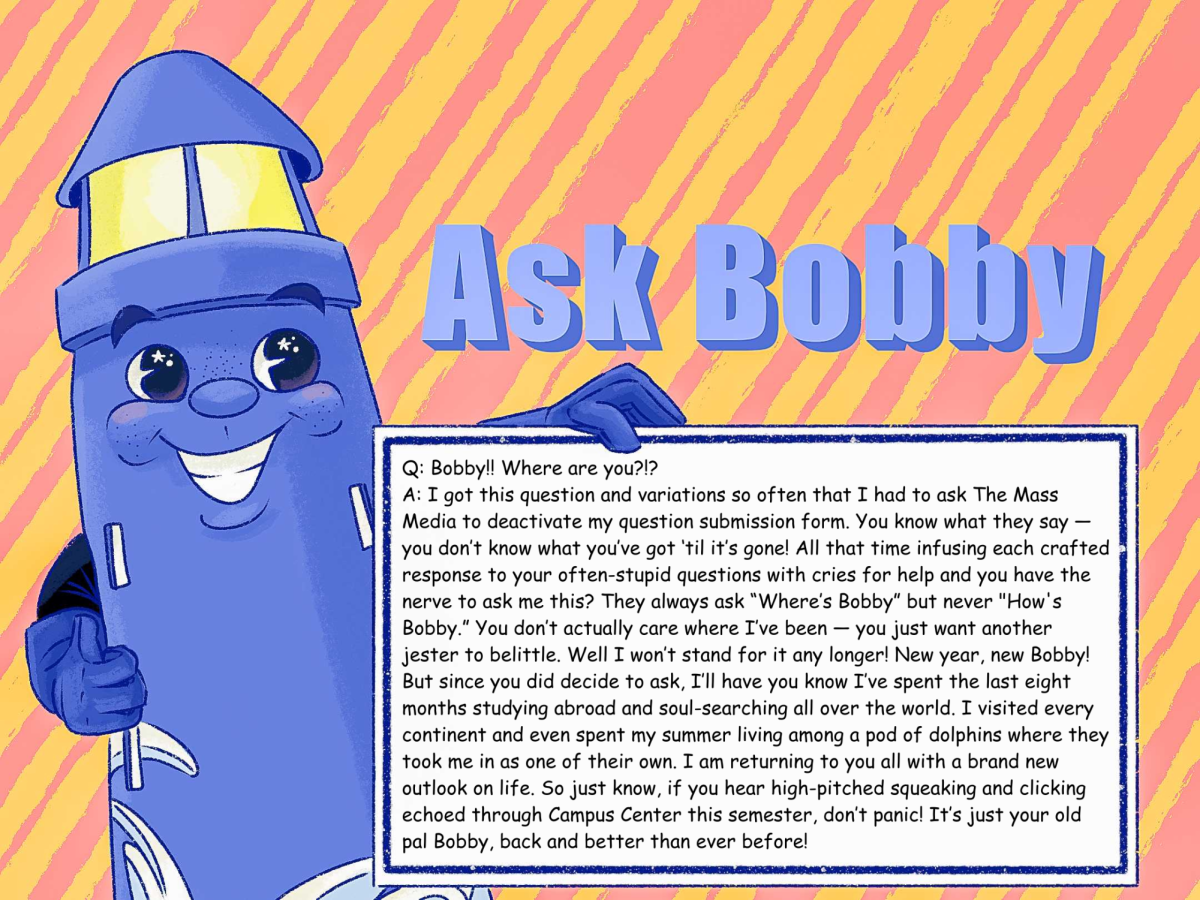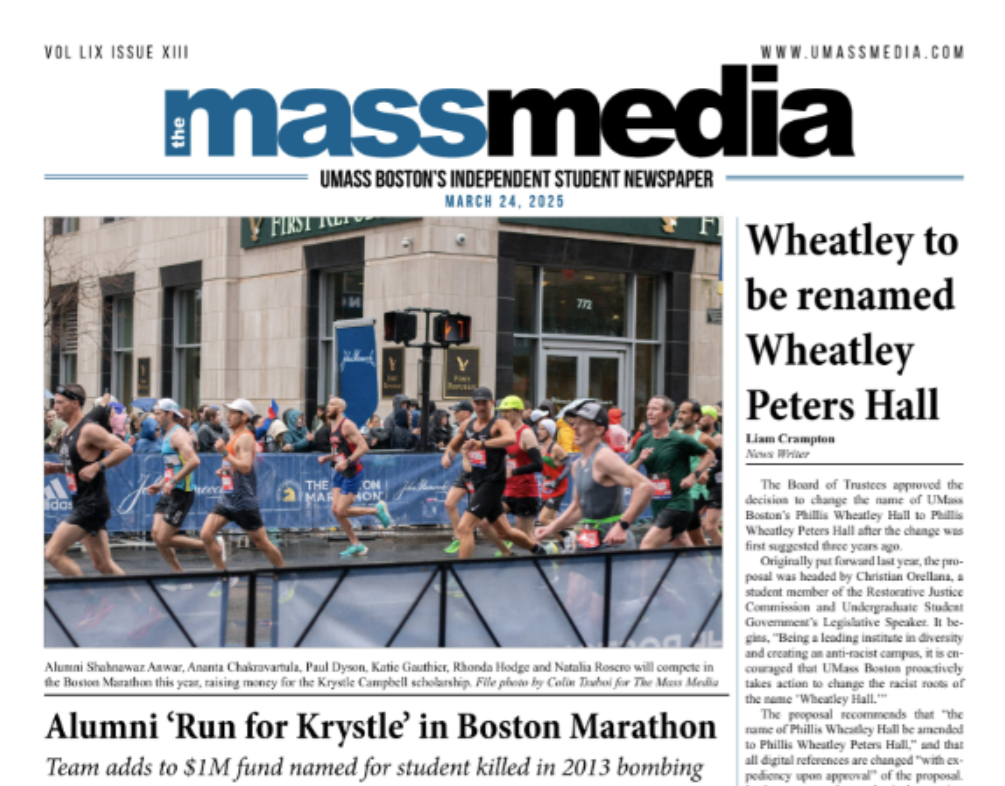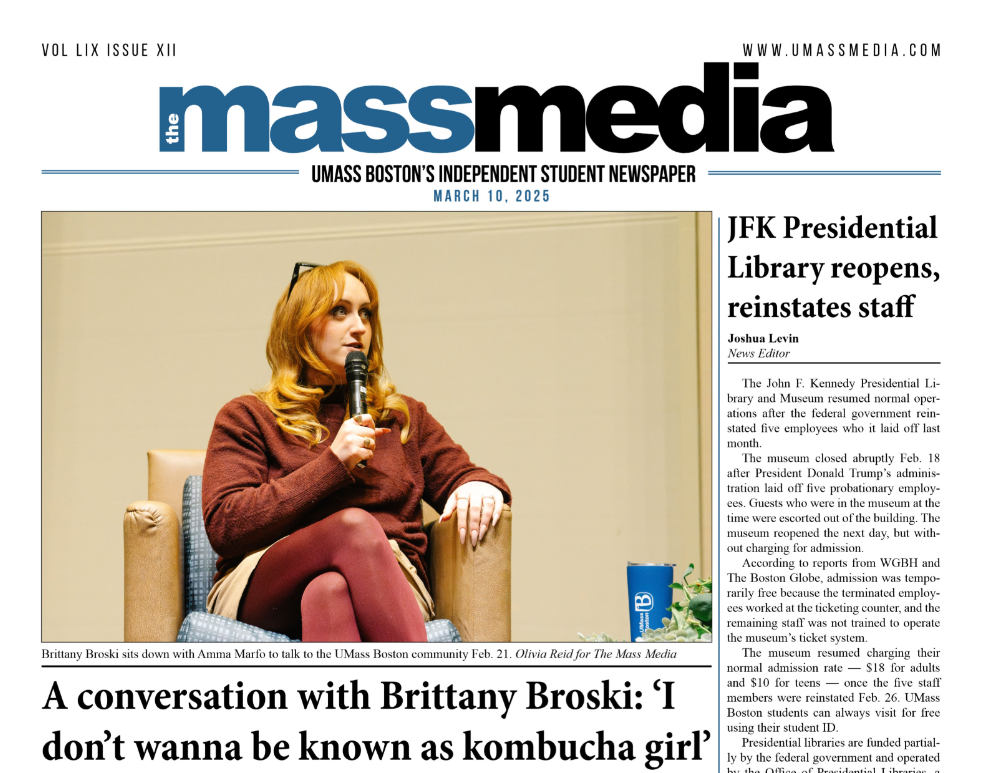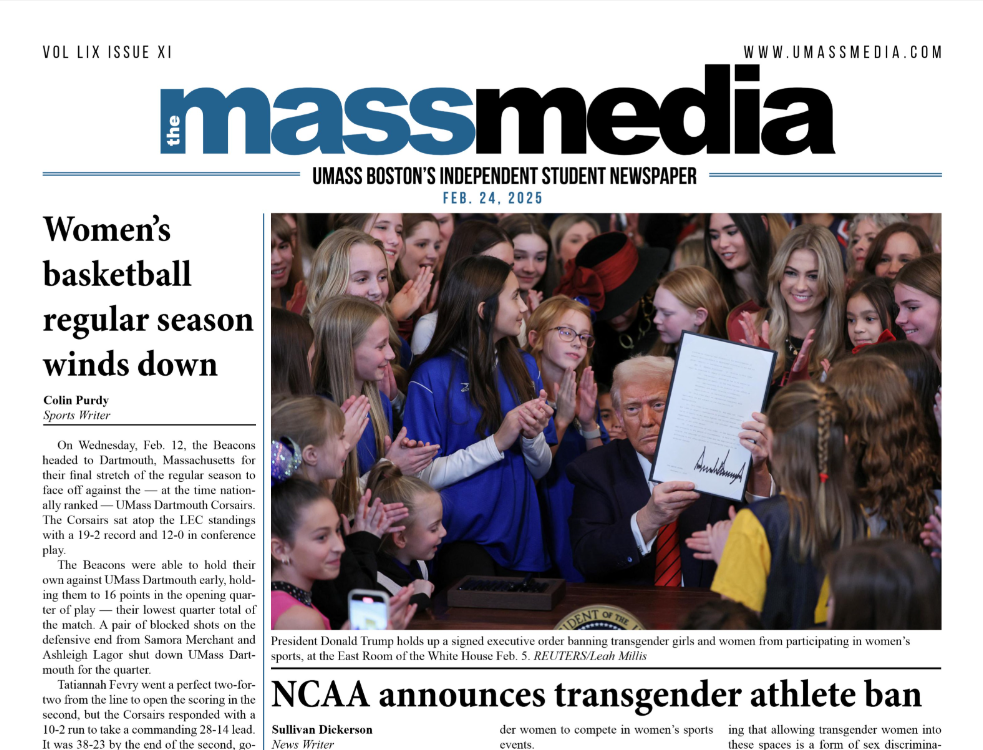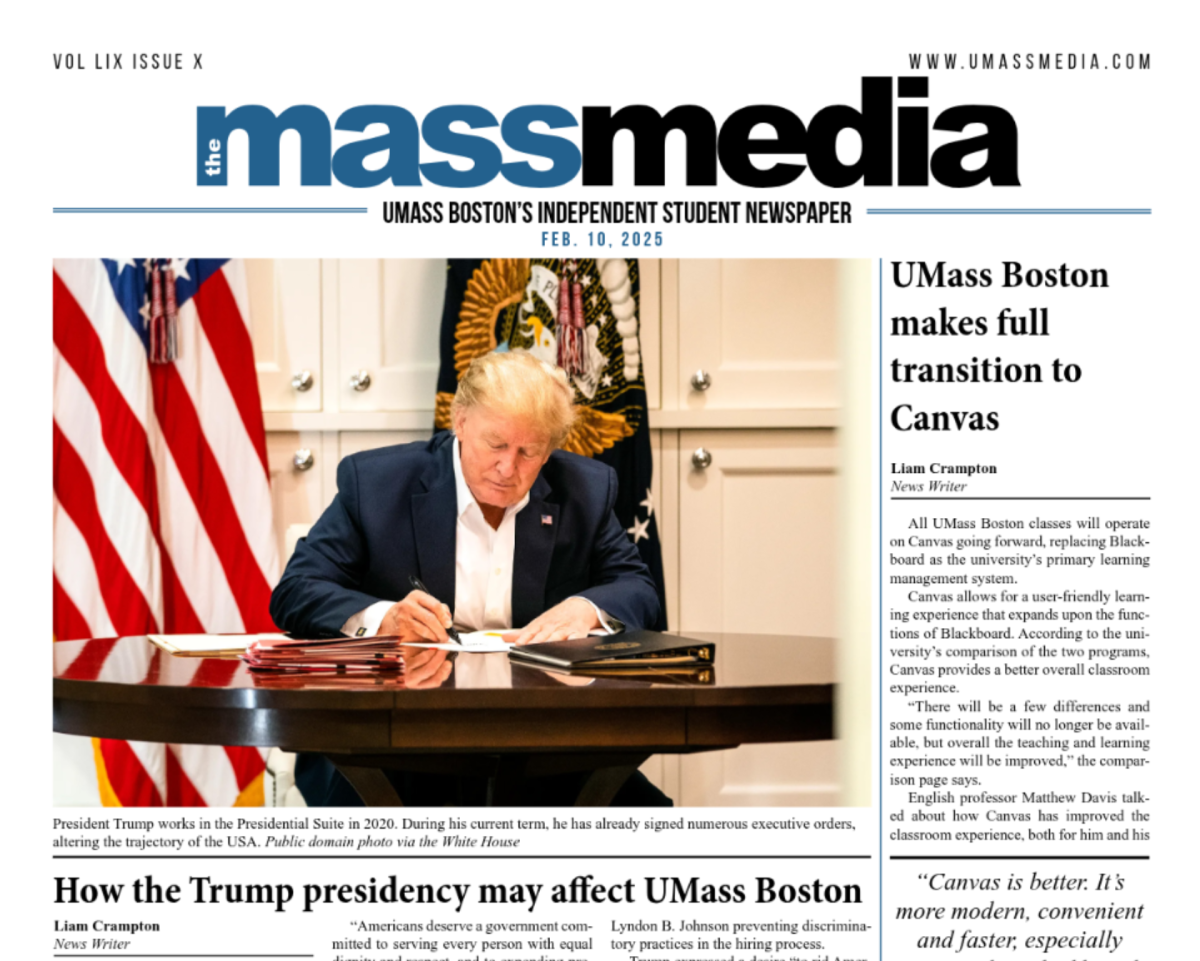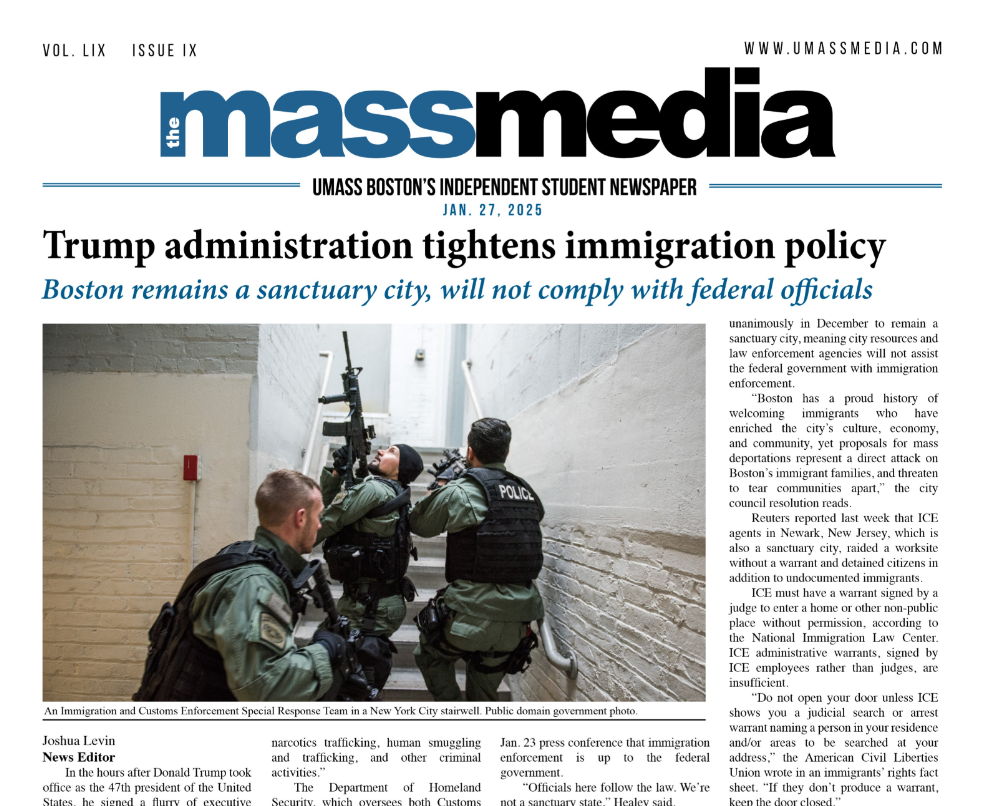Suspicious Powder Scare Draws Attention
November 7, 2001
There have been five incidents of “suspicious substances” investigated on campus since September 11, according to the UMass Boston Department of Public Safety. None of these incidents have involved anthrax, or any other hazardous materials. One of these incidents, which was reported in the November 4 edition of The Boston Sunday Globe, has generated considerable concern on campus.
According to the Globe report [in Patrick Healey’s column in the Education section] the UMB mail room received a “suspicious package with a strange powder” on Wednesday, October 21.
“The Globe had it wrong,” stated Deputy Chief Phillip O’Donnell. He explained that it was an outgoing package that appeared to leave a residue on a mail room counter, not a package received by the mail room, as the Globe reported.
What they believed may have happened, said O’Donnell, is that the individual (a student) who dropped off the package had placed the contents (six pieces of paper) in the wrong type of mailing envelope. At the request of a mail room employee, he tore open the shipping envelope to transfer the contents. In tearing open the envelope, a small amount of a powdery-appearing substance may have dropped from the tear spot onto the counter.
A security guard, who was in the mail room at the time (a few minutes before 5:00pm) noticed the substance on the counter after the package had been picked up and placed in an outgoing mail bin.
(An alternative scenario was that there was already a small amount of some substance already on the counter and the security guard noticed it only after the package was lifted off the counter.)
After noticing the substance, the security guard notified the Public Safety Office, a barrel was placed over the spot where the substance was located, the mail room was closed and Brian Dumser, the associate director of Environmental Health and Safety, was notified.
“We examined the letter and found no powder of any sort,” said O’Donnell. The package was traced back to a UMass professor who identified the contents and to whom it was being sent. “It was an outgoing container from a known source,” added O’Donnell. Dumser reportedly determined that the substance was not dangerous, and wiped down the counter. The amount of the substance “was too small to test,” according to O’Donnell.
“We always err on the side of caution,” said O’Donnell, in explaining the decision to close off the mail room and to call in Environmental Health and Safety. He added that there have been other incidents of a similar nature on campus in recent weeks. Three involved chalk dust in classrooms, one involved cremora in a trash barrel, one involved talc used when lifting weights in the Beacon Fitness Center and one was a result of dust falling from a ceiling after a light had been changed.
“We don’t just blow things off. Every incident is investigated in context and every one of these incidents had a reasonable context,” stated the deputy chief.
In his Globe article, Healey wrote that “UMass Boston didn’t tell the community in the first place,” and he called the university’s response “a strange departure from the practices of Harvard, MIT, and other schools that have received packages.”
“Because it wasn’t a legitimate threat, there was no need to have an unnecessary panic. It was a harmless situation,” explained Leigh Dupuy, a spokesperson from University Communications. “They acted according to the protocol of the university. We would inform the community if there was a need to know what was going on. We would figure out the best way to inform people.”
O’Donnell stated, “As far as I know, there was no effort to hide anything. If there is an incident, we’ll be glad to tell anyone. If we have something we’re concerned about we’ll certainly let people know.”


